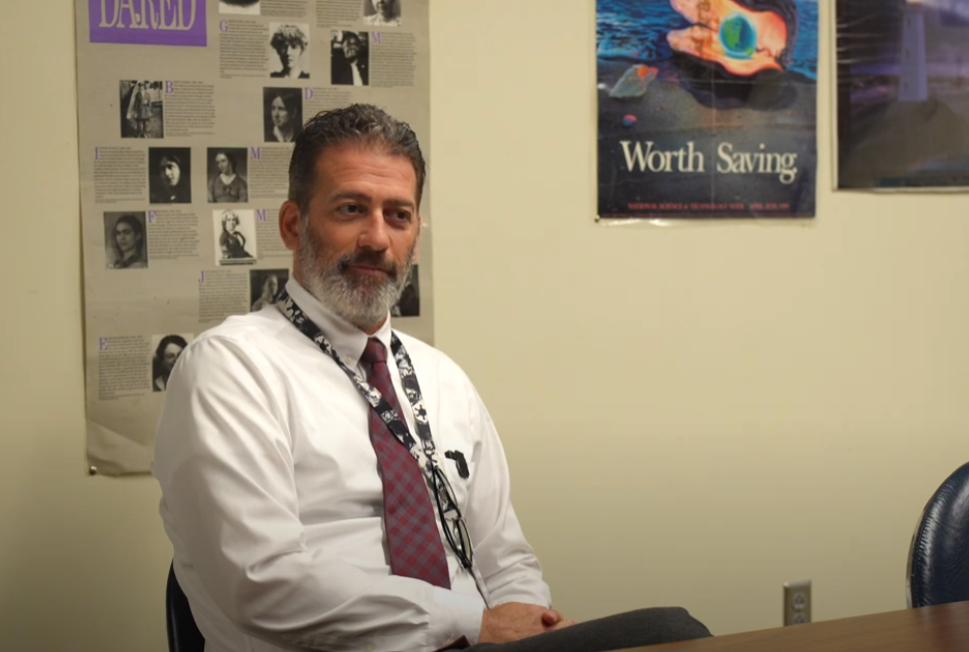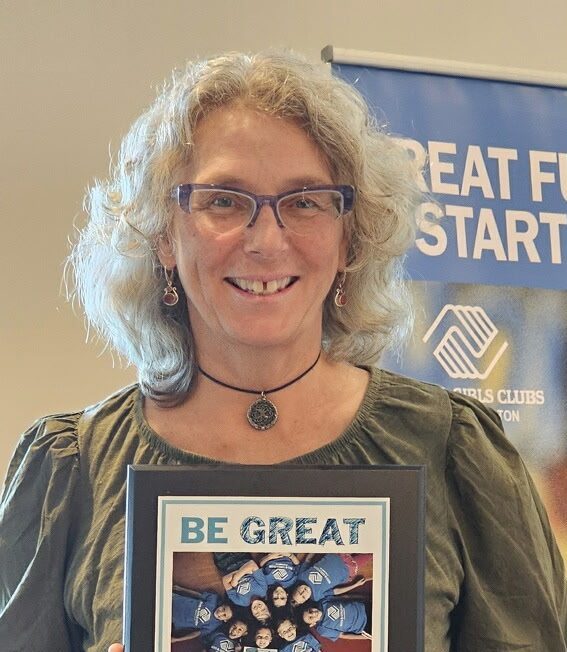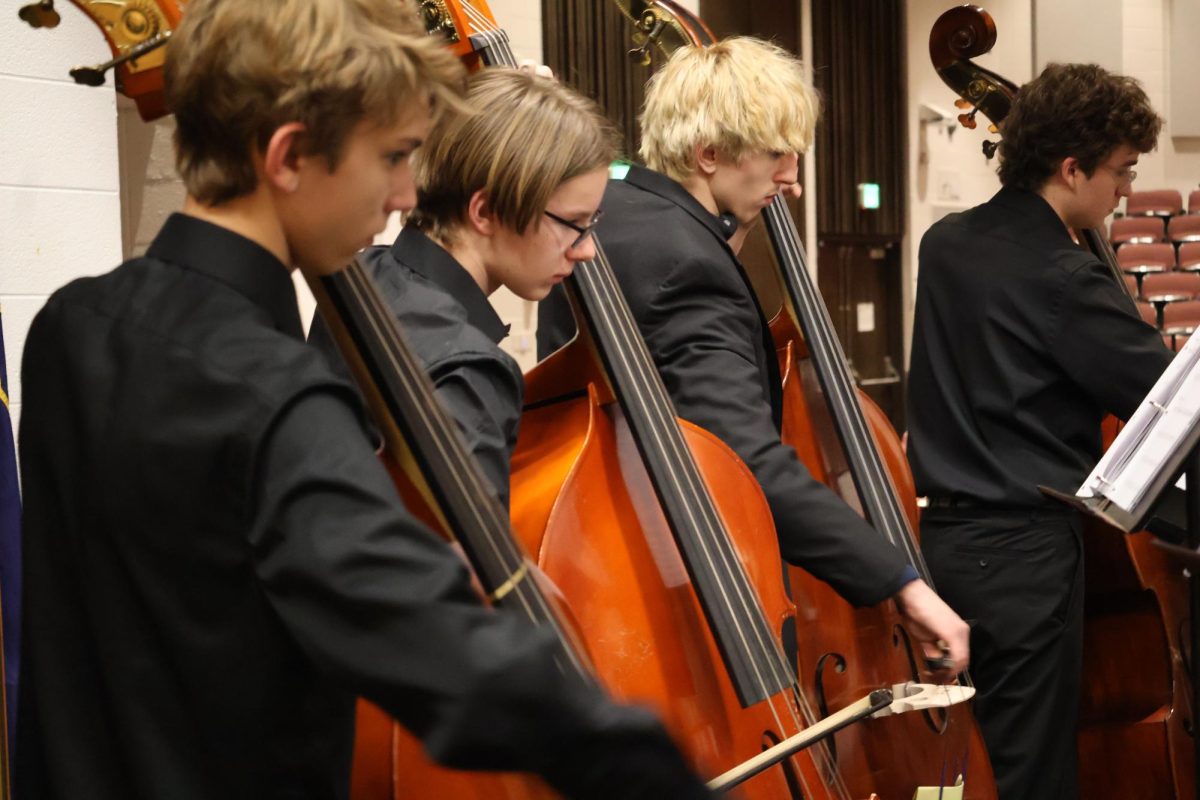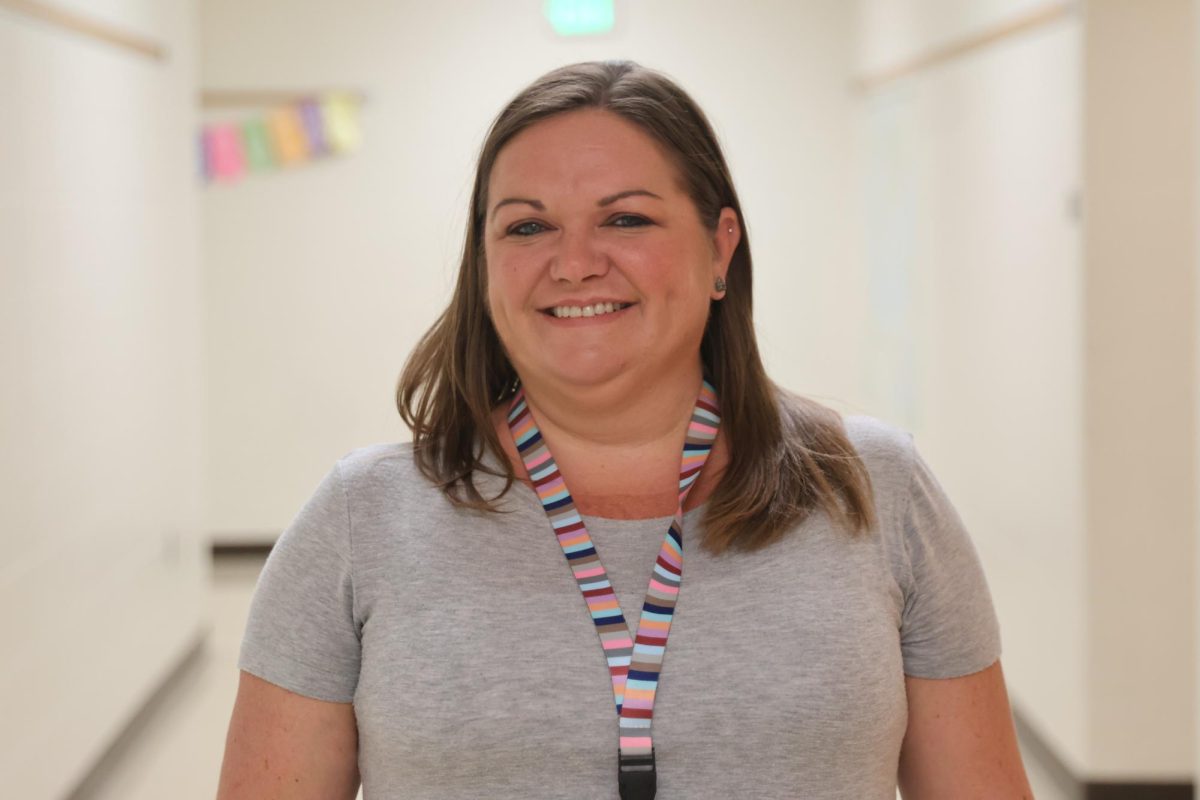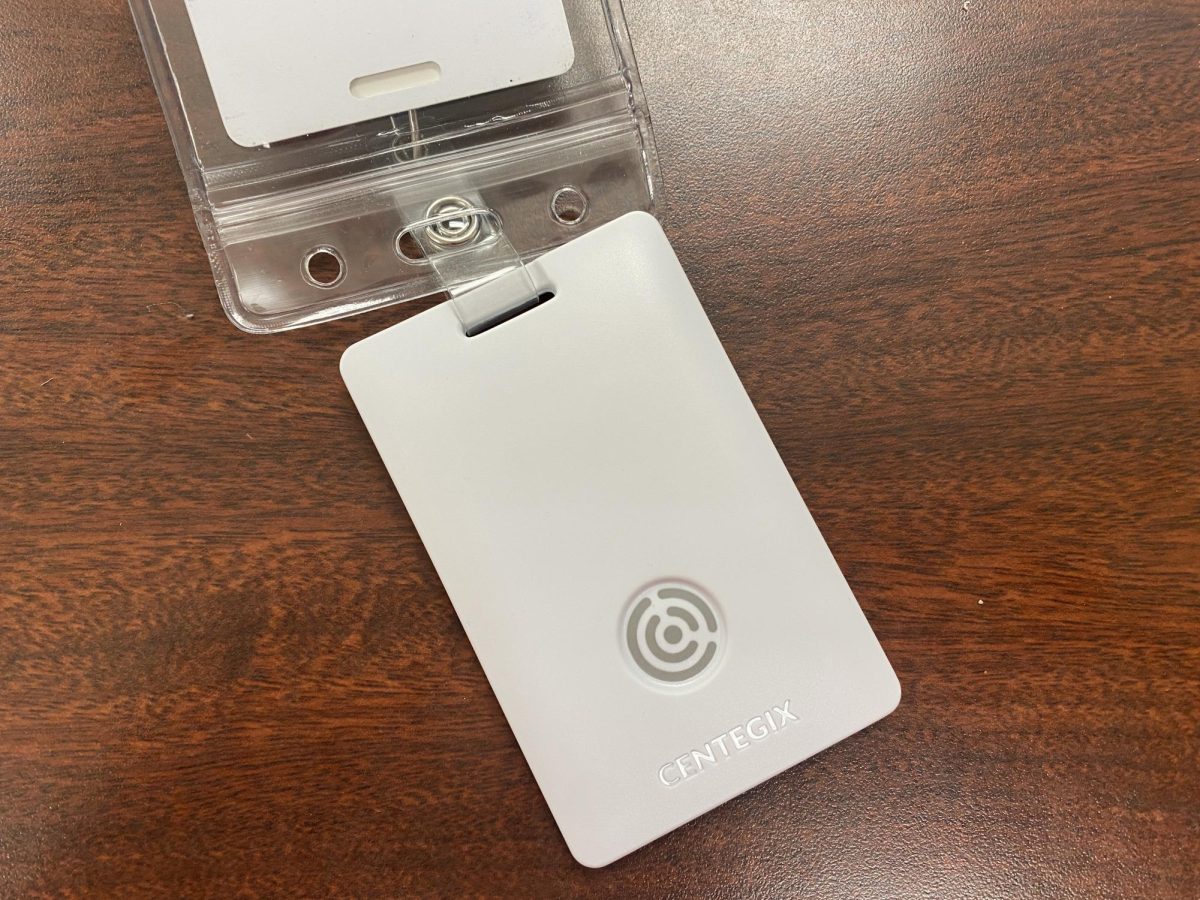AP African American Studies is a new AP class offered by the College Board and recently picked up by Mr. Christopher Blackburn here at Bloomington High School North. It covers the histories of the African Kingdoms, as well as the repercussions of things like Jim Crow. According to Mr. Blackburn, who also teaches AP World History, topics like this are usually underplayed in other history curricula despite most of this stuff easily stacking up to the widely covered diplomatic exchanges taking place in Europe.
Why did Blackburn pick up AP African American Studies?
Initially, Mr. Blackburn began taking the classes required to teach AP African American Studies in pursuit of certification for Dual Credit. At the time, he stated that his motive for approaching the class was largely to sharpen his understanding of the curriculum’s contents. “Part of the reason why I was doing this was because I didn’t have a lot of knowledge and it was an interesting and fascinating subject to me.” When Mr. Blackburn was receiving his Dual Credit certification, AP AAS was experiencing its first-year pilot, meaning there was a lot of talk and excitement around the class, likely furthering its appeal. “I had just finished my third class (at IU / Purdue) when I started hearing the rumblings of this AP African American course, the first- year pilot.”
Following his certification, Mr. Blackburn worked with Bloomington High School North Principal Mathew Stark to initiate AP AAS as
a class in BHS North, reportedly only being initiated in 60 or so schools in the country at the time.
What is it like in class?
The class itself is cited to go into several subjects, including history, sociology, economics, and art. The reception to the course has been “pretty good so far” with the students enjoying participating in discussions held during class time.
What is Blackburn planning to do with this class?
According to Mr. Blackburn, this class is designed not to be as rigorous as some of the other AP curricula, while still delivering an AP experience. He hopes that many students who might not traditionally take AP classes will enroll and find out that AP courses are more doable than they seem. He also hopes to cultivate a more ethnically diverse class than your traditional AP curriculum with African American students taking AP courses at 75% the rate of other ethnicities, according to nbcnews.com. “It’s not your typical AP course. One of the problems with AP courses is it often includes certain demographic groups at the exclusion of other demographic groups. Those demographic groups are based upon not just race and ethnicity but also socioeconomic status.” Blackburn continues by explaining how the class is built upon student involvement, with every class having some element of open-ended discussion. He also puts out a survey regularly allowing students to give feedback on the class (Ie. what they might like or dislike about the class so far). “It’s really important for me to do these surveys because I want to build this class truly around student involvement, student interests.”


